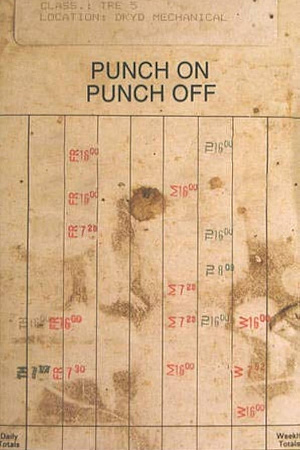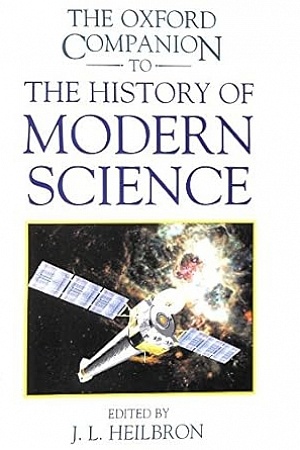Sing Me That Lovely Song Again …
Pandanus, $34.95 pb, 344 pp
Fitting in
Helga Griffin (née Girschik), conscious that memories differ and that her own is not infallible, is careful to respect the other people implicated in her story. Aware of her responsibility to them, she is nonetheless committed to breaking what she calls the Schweigen, the long silence. Sing Me That Lovely Song Again is highly apposite in its account of the damaging experience of internment. During the years of World War II, the Girschik family were incarcerated as enemy aliens in a camp at Tatura, in northern Victoria. They were displaced persons. The adults were fated to spend what should have been highly productive years trapped in a frustrating stasis that was to have long-term effects. For the children, this experience must have been formative. How were they to understand their confinement and the distress of the adults? This resonates strongly when we consider the ‘illegal aliens’ or refugees, many of them children, recently locked up in detention centres in this country. Although Griffin does not make this parallel explicit, it is implicit in the way her narrative situates her family’s experience within a larger historical context.
Continue reading for only $10 per month. Subscribe and gain full access to Australian Book Review. Already a subscriber? Sign in. If you need assistance, feel free to contact us.











Leave a comment
If you are an ABR subscriber, you will need to sign in to post a comment.
If you have forgotten your sign in details, or if you receive an error message when trying to submit your comment, please email your comment (and the name of the article to which it relates) to ABR Comments. We will review your comment and, subject to approval, we will post it under your name.
Please note that all comments must be approved by ABR and comply with our Terms & Conditions.